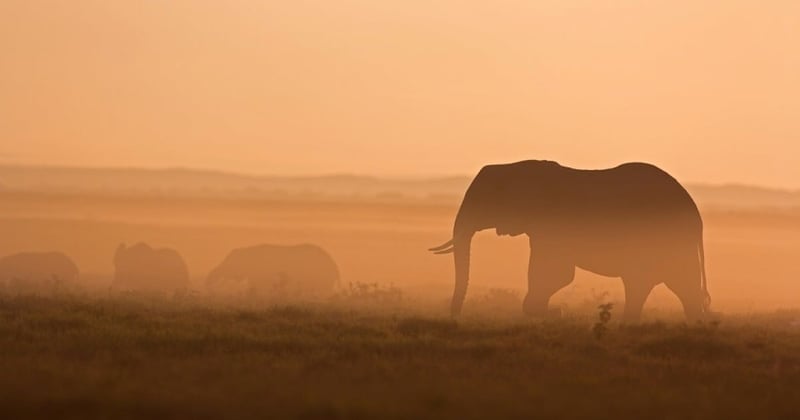
Travel industry checking out of animal cruelty
News
Wildlife tourism is big business, with up to a quarter of the trillion dollar travel industry driven by people’s desire to see wild animals.
While the overwhelming majority of people considering the mistreatment of wild animals for entertainment as unacceptable, around 110 million people worldwide visit a cruel wildlife tourist attractions every year.
This doesn’t mean that tourists don’t care about animals – most simply aren’t aware of the abuse involved. When travellers do learn about the suffering of wild animals forced to entertain tourists, they don’t want to take part in cruel activities. But spotting the cruelty isn’t always easy.
This is where travel companies can make a difference. By using their influence to steer tourists away from cruelty, they are vital to helping break the chain of suffering.
Making moves for wildlife
The good news is many travel and tour operators have moved away from cruel attractions like elephant rides and shows and have committed to find ways to provide wildlife-friendly animal experiences.
So far, more than 100 global travel companies have agreed to no longer offer tours to venues with elephant rides and shows in any of their markets. It’s a promising sign for elephants across Africa and Asia that so many industry players have agreed there is no place for elephant cruelty within their travel packages.
In addition, leading travel brands like Intrepid Travel, World Expeditions and The Travel Corporation have seen the value of animal protection beyond our elephant friendly pledge by adopting or updating comprehensive animal welfare policies. Animal conscious travellers should ask if their tour operator has animal welfare policy – and encourage them to introduce one if they don’t.
Despite these great achievements there is still so much more to be done. A number of travel companies and tour operators have yet to commit to ending elephant rides and other cruel wildlife attractions.
One of these is TripAdvisor, with its 2015 income reaching almost $1.5bn its influence on the tourism industry is immense. But it continues to promote and sell tickets to the world’s cruellest wildlife entertainment attractions, like the elephant rides, tiger attractions and turtle farms.
What you can do to help
Stopping tourist demand for wildlife attractions like elephant rides, tiger selfies and lion walks is critical to ending cruel wildlife activities and encounters.
There are also some simple, practical steps you can take on holiday to prevent animals suffering:
- Wild animals belong in the wild. If you do want to see animals when you travel, observe them in their natural habitat
- Avoid festivals or celebrations that cause suffering to animals – culture isn’t an excuse for cruelty
- Don’t support attractions that force wild animals to perform tricks and shows
- Take part in active eco tours where nature and wildlife are not disturbed
- Never ‘cuddle’ a lion or a tiger cub and avoid ‘selfies’ with wild animals
- Report when something does not feel right! If you see animal cruelty, please report this to the (local) authorities or a local animal welfare organisation.
By taking these small steps you’ll be helping to protect wild animals from the cruelties of the tourism industry.
Together we can protect wild animals!